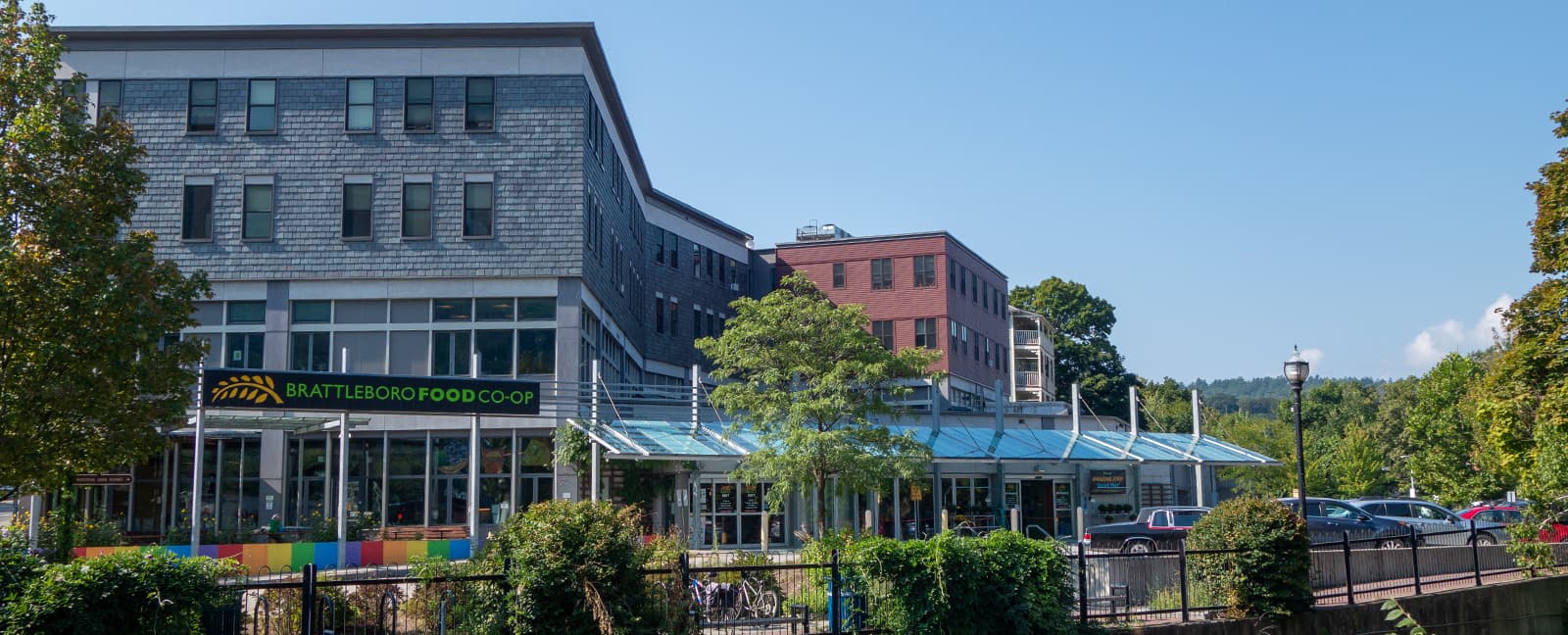
News and Updates
Find everything newsworthy and noteworthy here. From Board announcements to our Producer of the Month, find it all here.

Food For Thought is our Co-op’s newsletter in which we proudly feature local producers — farmers, herbalists, food vendors, and artisans
Supporting the local economy is extremely important to us and is vital to our cooperatively owned business. You will also enjoy articles from our General Manager and Board of Directors, features of new products, recipes, sales, highlights of local organizations, and more.